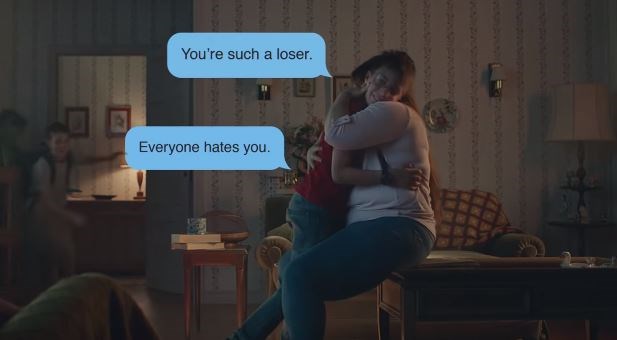It starts when they’re still in the womb. From baby rooms decorated in 50 shades of blue to toy boxes topped up with footballs and firetrucks - as soon as the presence of a Y chromosome becomes apparent, many parents begin their prep based on preconceived assumptions about the gender of their soon-to-be-born male child.
But it’s not just the dude-centric decor that has today’s parents squirming, it’s the societal expectations that have been tagged on to the traditionally masculine behaviours that have some of us rethinking our approach to parenting our boys.
It’s shrugging off aggressive behaviours with the “boys will be boys” cop-out, the “man up” mentality that discourages boys from showing any emotion and the superiority complex that stems from the old-school ways of thinking that are giving us the biggest cause for concern.
Today, however, a slow-but-steady shift seems to be happening. We’re starting to recognize the detrimental effects that the expectations of “traditional” masculinity are having on our boys and men.
Gillette, best known for their “The Best A Man Can Get” slogan paired with tough-man imagery used to depict the well-shaved dudes who use their products, has finally adjusted their messaging - and they’ve definitely gotten our attention.
In their recently-released ad, Gillette flips the script, asking, “Is this the best a man can get?”
Through tear-jerking imagery, such as a boy being bullied and crying in the arms of his mother, or men stepping in to break up a fight or shut down cat-calls, Gillette asks men to not only change the way they behave, but to remember who is watching and mimicking those behaviours. The video closes with the hard-hitting message to “be the best men can be,” “because the boys watching today will be the men of tomorrow”.
Within two days of its release, the video received over six-million views (and now sits at over 27-million views on YouTube), and it’s not only going viral because of great marketing.
At the end of 2018, a new APA Guidelines for Psychological Practice Around Boys and Men report was released, revealing the harmful effects of the traditional masculinity ideology - which according to the APA, includes "anti-femininity, achievement, eschewal of the appearance of weakness, and adventure, risk, and violence" – all which can be psychologically harmful to men and boys.
The report shares the findings that, "Socialization for conforming to traditional masculinity ideology has been shown to limit males' psychological development, constrain their behavior, result in gender role strain and gender role conflict, and negatively influence mental health and physical health," linking "constricted notions of masculinity" to aggression, homophobia and misogyny, saying such notions "may influence boys to direct a great deal of their energy into disruptive behaviors such as bullying, homosexual taunting, and sexual harassment rather than healthy academic and extracurricular activities."
Traditional masculinity goes far beyond the girl/boy, pink/blue gender biases - it’s the associated old-school mindset that has become truly toxic.
It’s time for us as parents to make a change - not only to teach our boys to treat others with respect, refrain from violence and set a good example for those who are watching and learning from their actions, but to hold themselves and their friends accountable for their actions - to be the best boys and men that they can be.
Bianca Bujan is a mom of three, writer, editor, and marketing consultant. Find her Twitter and Instagram at @bitsofbee.



